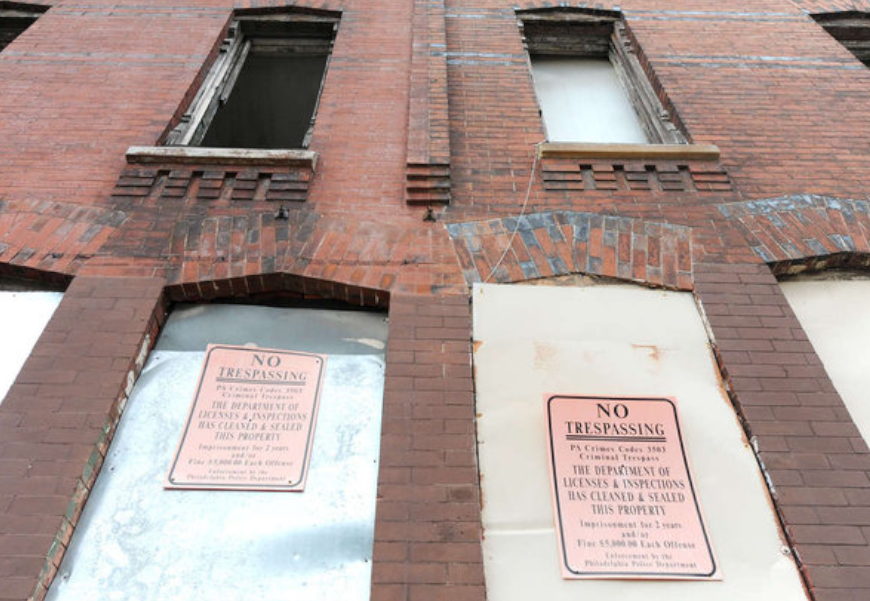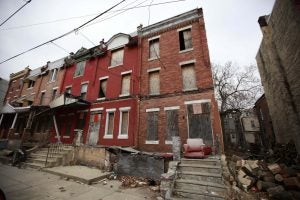Inquirer Editorial: Collect them all

Could this be the end of Philadelphia’s optional property tax?
A number of new collection and enforcement policies are communicating the message that the city’s real estate levy is – contrary to widespread belief and practice – compulsory. And after years of rapid increase, a massive accumulation of back taxes has shown signs of leveling off, as Patrick Kerkstra reported for The Inquirer and PlanPhilly this week.
City officials acknowledge that they have much work to do. But they deserve recognition for a concerted effort to remedy an insidious and long-standing failure.
Toward making a dent in the half a billion dollars owed by property owners, the Nutter administration hired former Philadelphia Gas Works head Thomas Knudsen to serve as chief collections officer, set a target for total back-tax collections ($34 million this fiscal year), upgraded data systems, and deployed new enforcement tactics, such as revoking business licenses associated with delinquent properties. Over the next few months, the city plans to take further steps against delinquent properties and owners, such as speeding up foreclosures, garnishing wages, imposing liens on out-of-town landlords, and seizing rental income.
No doubt the city’s management of delinquent properties could be improved in other ways. The Sheriff’s Office, which oversees sales of foreclosed properties, is an obvious weakness given a current federal investigation and a history of corruption and incompetence. Short of legislation to eliminate the elected office of sheriff, city finance officials could take over sheriff’s sales in the interest of efficiency.
Still, the city has made meaningful progress. While its total property-tax delinquency had grown as of April to $522 million – some portion of which is uncollectible – the rate of increase had slowed. After rising an average of 7 percent annually over the previous four years, it grew just 1.4 percent for the year ending in April. Moreover, the number of delinquent properties had dropped to about 97,000 from a peak of more than 102,000 in 2011.
That year, the Pew Charitable Trusts found Philadelphia’s delinquency rate to be the fifth highest among 36 cities studied, with 9 percent of its property taxes going uncollected. Such widespread flouting of tax obligations has a corrosive impact. Beyond the obvious damage to the city’s balance sheet, the failure to collect about one of every ten tax dollars breeds blight and lawlessness.
Landlords who don’t have to pay taxes are free of one of the chief incentives for maintaining, developing, and selling property. More buildings are therefore left to attract vermin and crime – and to collapse and catch fire. The Inquirer and PlanPhilly have estimated that delinquent properties diminish the city’s overall real estate value by more than a fifth.
That sounds like a crisis. Fortunately, the city has begun to treat it as such.
WHYY is your source for fact-based, in-depth journalism and information. As a nonprofit organization, we rely on financial support from readers like you. Please give today.




